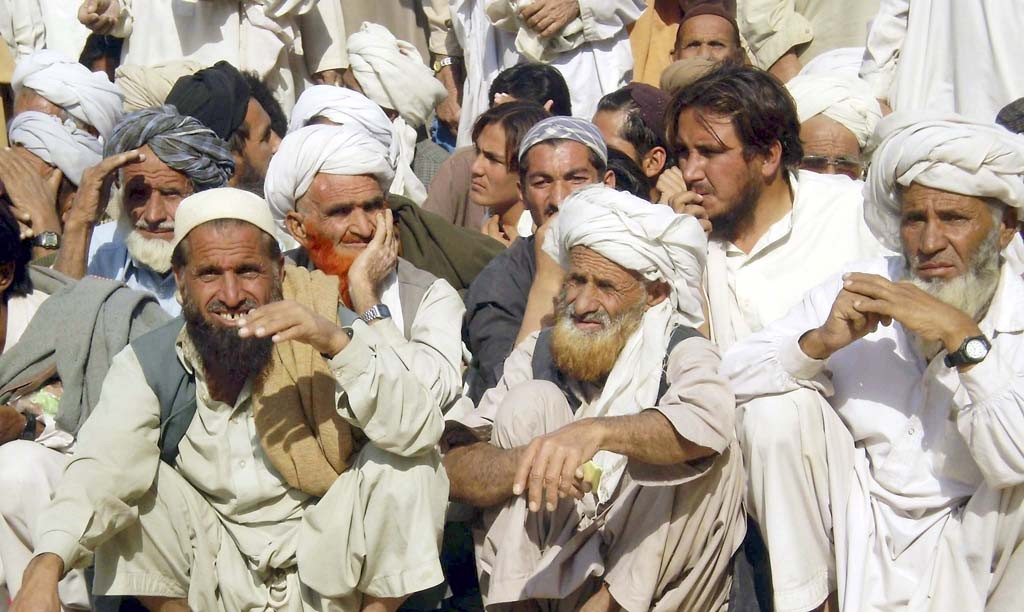
The authorities concerned have to speed up efforts to register all the unregistered Afghan refugees

The tragic loss of lives during terrorist attack on Army Public School in Peshawar exposed loopholes in the security protocols.
The Khyber Pakhtunkhwa (KPK) Chief Minister, Pervez Khattak, urged the federal government to repatriate Afghan refugees back to Afghanistan within a month, doubting many of these were involved in subversive activities.
The fact that 1.5 million Afghan refugees, out of the 3 million present in Pakistan, are unregistered is enough to show the problem. The United Nations (UN) endorses these figures but does not support the idea of sending the refugees back to their homeland in a drastic move.
Following in the footsteps of KPK chief minister, the Sindh Chief Minister, Qaim Ali Shah, has also warned of action against illegal Afghan refugees. Repatriation of Afghan refugees is not as easy as they think it is. While the government is legislating on how to monitor them in a better way, it is bound to give shelter to the registered ones till a specific period.
Punjab Commissioner for Afghan Refugees, Riaz Hameed Chaudhry, tells TNS that Afghan refugees who have valid Proof of Registration (PoR) cards issued by Nadra can stay in the country till December 2015. This is part of tripartite agreement between Pakistan, Afghanistan, and United Nations High Commission for Refugees (UNHCR). The government of Pakistan, he says, has issued strict instructions that cardholders should not be harassed or the date of expiry of the cards questioned. Even after 2015, these refugees cannot be forced to return to Afghanistan.
Chaudhry says the government does not have any data about unregistered Afghan refugees. It randomly checks refugees if there is some subversive activity has taken place and arrests all those who fail to provide a PoR card. Such Afghan refugees are arrested under Section 14 of Foreigners Act 1946 and sent to Pak-Afghan border for expulsion to Afghanistan.
Chaudhry confirms that many of these repatriated refugees return illegally and this act continues due to lack of control along a long porous border. "There is a need to address this issue and the government is working on it," he adds.
Apart from Afghan refugees, there are people of other origins who are residing in the country. They have to be registered under the same Foreigners’ Act but, unfortunately, a large number is living in the country without any proof of identity.
"The National Aliens Registration Authority (NARA), which was responsible to register them, was merged with Nadra last year," says Saleem Mahmood, spokesman for Nadra. He says there are many foreigners like Bengalis, Biharis, Burmese, etc, especially in Karachi, who have no documents with them. Their registration gives them a legal status, they can work here and they become traceable.
Another matter of concern in this regard is that Pakistani CNICs have been issued illegally to Afghan refugees in the past. In many cases, this happened due to fake form attestations or attestations received from the authorised people fraudulently.
"The Federal Investigation Agency (FIA) has registered cases and Nadra has also become highly vigilant while issuing CNIC," claims Saleem.